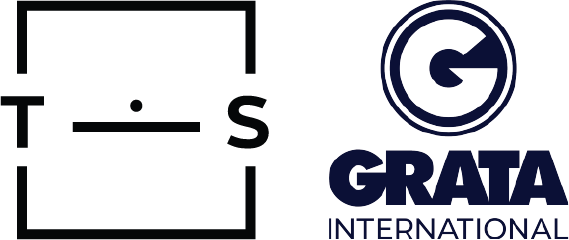Taxation of entrepreneurs in the Republic of Serbia is performed in two ways, i.e., either through the system of lump-sum taxation or through the bookkeeping system. This article will briefly investigate the system of lump-sum taxation.
Lump-sum taxation is defined by Articles 40 through 42 of the Individual Income Tax Law, and the Decree on Detailed Conditions, Criteria, and Elements for Lump-sum Taxation of Sole Trader`s Income Taxpayers. Article 40 defines those who are entitled to lump-sum taxation and specifies the activities that are exempt from lump-sum taxation. The lump-sum tax is set based on the average income in the Republic of Serbia, which is multiplied by the occupation coefficient, and is then multiplied by the corrective coefficient which can reduce the tax by up to 50%. The main corrective elements provided by the aforementioned Law and Decree are the entrepreneur’s registered seat, the time period that has passed from the registration of entrepreneur (coefficient on these grounds ranges from 0,8 to 1, therefore, the reduction can be up to 20%), the taxpayer’s age and their ability to work (depending on the activity code it ranges from 0,7 to 0,9 if the taxpayer is under 30, i.e., over 55 years of age). However, Article 6 of the abovementioned Decree gives rise to an interesting and somewhat paradoxical situation, since it prescribes that the tax base cannot be increased by more than 10% on an annual level, often resulting in a situation where individuals that are in the system of lump-sum taxation pay lower taxes in the long-run than those just starting with the practice of their activities. In market conditions with no inflation, i.e. growth of the average income, the lump-sum tax would gradually increase until becoming equal with those individuals that lacked the appropriate coefficient, which in essence is a solid tax solution since it prevents excessive growth of the tax obligation, which would, as an illustration, for lawyers, doctors, dentists, amount to 30%. However, in the circumstances of constant average income growth, the basis itself should quite often increase by more than 10% on that sole basis. Hence, due to the limitation of base growth to 10% for lump-sum taxation, we find ourselves in a situation in which individuals that have used all their deductions at the start of their business have lower tax rates in the long-run than those individuals that have started practicing their activity in the meantime. Taking the above into account, we are entering a reality in which the principle of tax policy neutrality is being violated, with a barrier for entry into certain activities being created since individuals paying lower taxes can offer their services at lower market prices and thereby easily push the fresh competition out.
Through summarizing, we have come to the following conclusion: if you are an individual under 30 and you are looking to start a business, it is taxatively optimal to register in the lump-sum taxation system, because you will spend, in the long-run, less on your tax obligations compared to the total income you generate, presuming the income continues to grow




